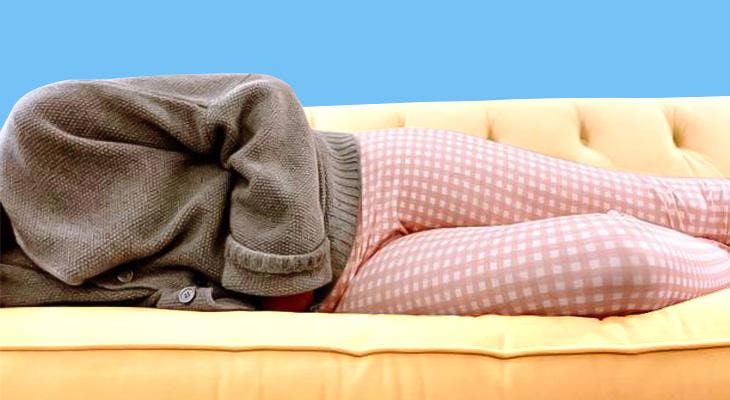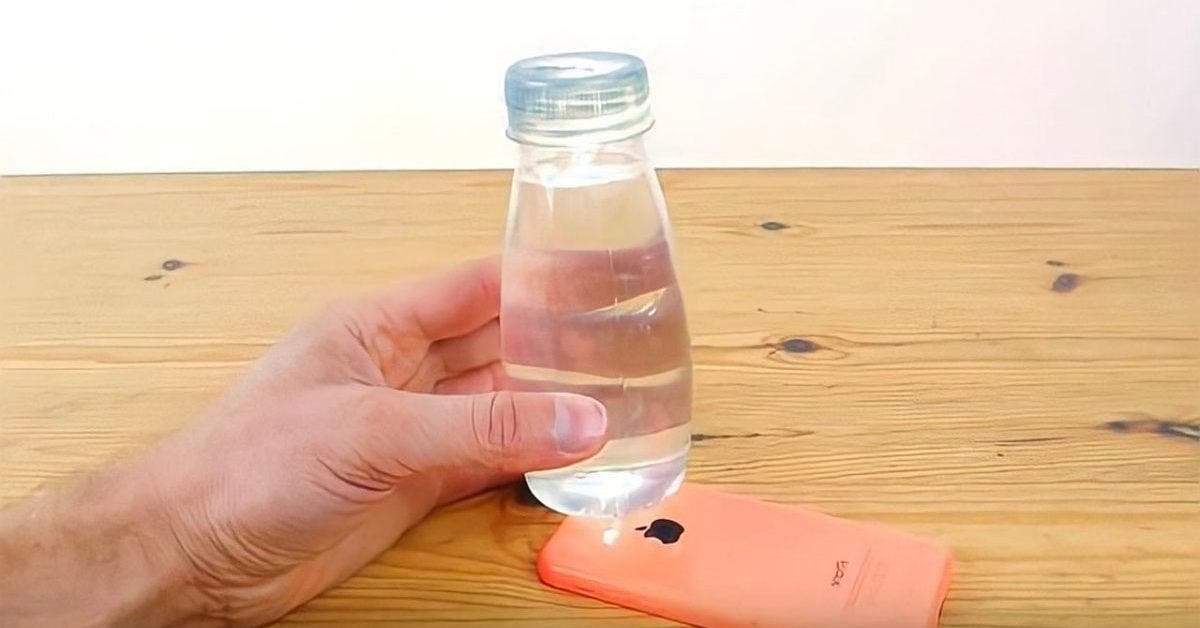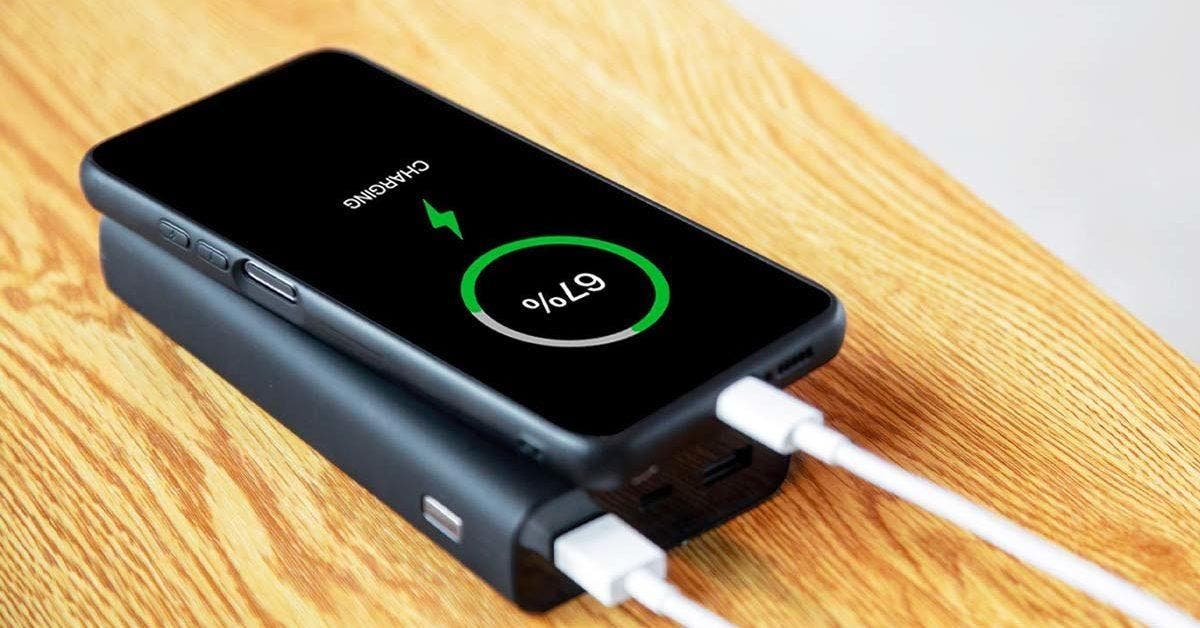Signs and symptoms of cystitis

You may not know it, but in 90% of cases, it is the bacterium Escherichia coli that is at the origin of this urinary tract infection (Ameli). That said, before looking at the means of treatment and prevention, let’s first focus on the signs and symptoms of cystitis (more information on the Femannosis website). We note:
- Cloudy or strongly smelling urine.
- Pain or burning sensation during urination.
- Pressure in the lower or middle abdomen.
- Urge to urinate frequently.
- Back cramps.
Risk factors for cystitis
Women are the most affected. This is due to the anatomical structure of their urethra which is quite short and close to the anus, which facilitates the movement of bacteria to the bladder.
Certain situations put you at greater risk of developing this infection, including:
- Pregnancy (2-10% of pregnant women are prone to cystitis).
- Menopause.
- Sexual intercourse.
- The inability to empty the bladder completely.
- Surgical interventions on the urinary tract.
- The use of urinary catheters
- The use of a contraceptive diaphragm.
- Blockage of the bladder or urethra.
- Diarrhea or constipation.
- Kidney stones.
- Diabetes, due to the presence of sugar in the urine.

As for the treatment of cystitis, doctors prescribe antibiotics. However, a study carried out by Daniele Porru, a specialist in urology at the polyclinic of San Matteo revealed that the problem with this type of treatment is that it promotes the phenomenon of antibiotic resistance and therefore the risk of recurrence.
Indeed, antibiotics can be problematic. If they attack the E. coli bacteria that causes the infection, the good bacteria in the microbiota are also affected… In addition, as published in 2018 in a World Health Organization (WHO) press release, 8 to 62% of E. coli bacteria that cause urinary tract infections are resistant to antibiotic treatments.
Fortunately, there are alternatives to antibiotic therapy. In particular, a medical device that contains D-mannose whose effectiveness is undeniable. Indeed, this device has largely proven itself in the treatment and prevention of cystitis. It works by blocking the activity of the bacteria responsible for the infection and treats cystitis within 1 to 2 days.
Why choose D-mannose?
The advantages of D-mannose are not lacking:
- It neutralizes the bacteria responsible for cystitis by preventing them from adhering to the wall of the bladder. These bacteria are then flushed out through urine.
- It does not encourage antibiotic resistance.
- It preserves the microbiota (vaginal flora and intestinal flora) and does not weaken natural defenses.
- It is free of side effects and suitable for pregnant or lactating women.
Means of prevention
If you are worried about developing cystitis or a urinary tract infection in general, here are some precautions to take:
- Practice good intimate hygiene with antiseptic-free soaps to preserve the microbiota.
- Urinate after each sexual intercourse.
- After urinating, wipe yourself from front to back and do not do the opposite.
- Hydrate regularly.
- Make sure you have a good quality of sleep.
- Avoid stressful situations.
- Avoid diaphragms and spermicides as contraceptives.
FAQ
Cystitis and urinary tract infection: what’s the difference?
Although they are both bacterial in origin (in most cases), cystitis is also likely to be caused as a result of immune dysfunction, as well as other non-infectious medical conditions.
Is cystitis serious?
Cystitis is not serious, but it can lead to complications. It is therefore recommended to treat it in time to prevent it from affecting your kidney tract.
Is cystitis contagious?
No risk of catching it in the toilet or at the poolnot! Cystitis is simply not contagious.





